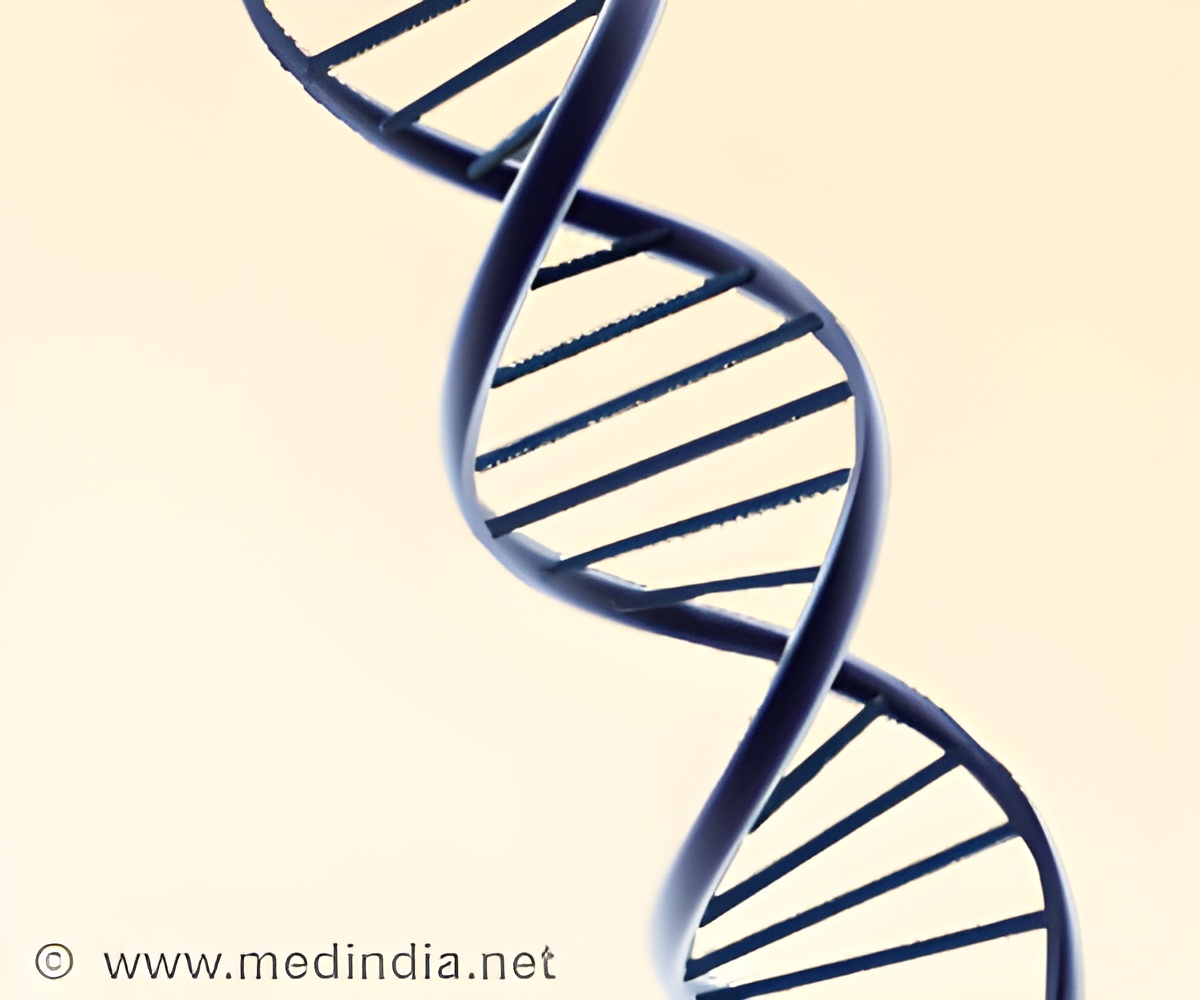At MIT, a new study has shown that a gene called SIRT1, previously shown to protect against diseases of aging, plays a key role in controlling human circadian rhythms.

Since the SIRT1 protein itself was found to decline with aging in the normal mice, the findings suggest that drugs that enhance SIRT1 activity in humans could have widespread health benefits, said Leonard Guarente, the Novartis Professor of Biology at MIT and senior author of study.
"If we could keep SIRT1 as active as possible as we get older, then we'd be able to retard aging in the central clock in the brain, and health benefits would radiate from that," Guarente said.
Researchers in Guarente's lab are now investigating the relationship between health, circadian function and diet. They suspect that high-fat diets might throw the circadian clock out of whack, which could be counteracted by increased SIRT1 activation.
A paper describing the findings appeared in the June 20 issue of Cell.
Source-ANI













